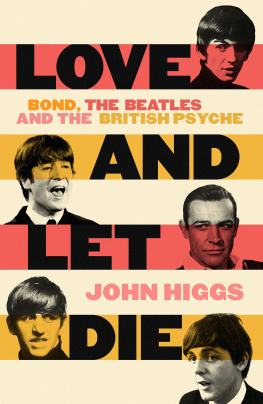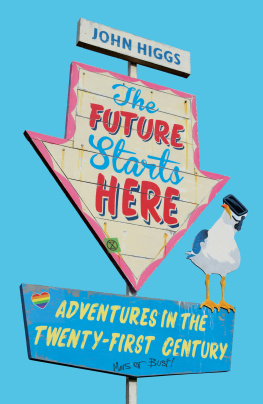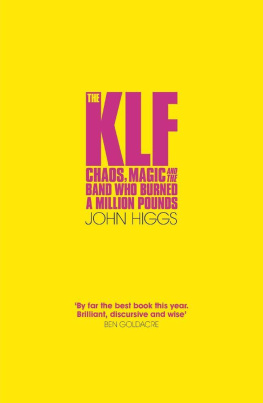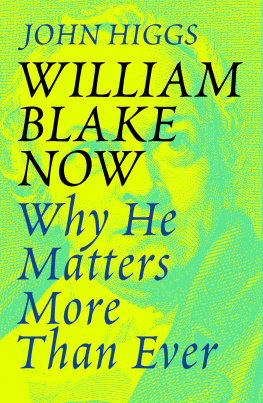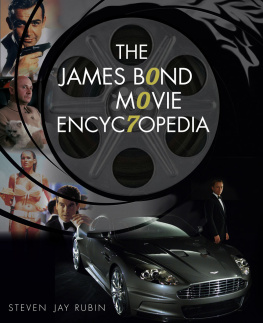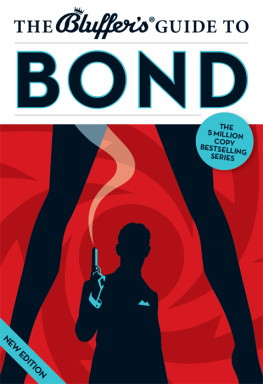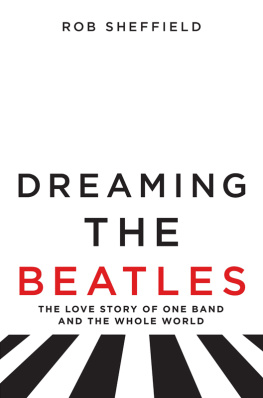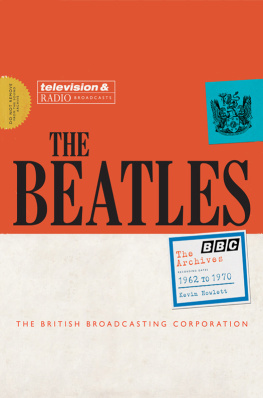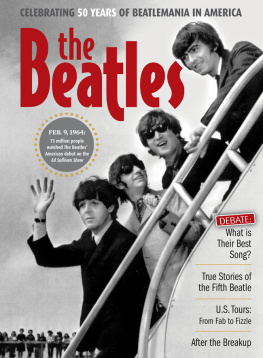This book is dedicated to Jon Smith
CONTENTS
Without Contraries is no progression
William Blake
Theyve got a lot to answer for, those James Bond films
Paul McCartney
A turning point in british history. That was the dramatic front-page headline of the Daily Mirror on Friday, 5 October 1962. This was a bold claim, even by tabloid standards, and readers may have felt that the accompanying story didnt live up to the hyperbole. It concerned a speech about the European Common Market which the Labour leader Hugh Gaitskell had given at a party conference in Brighton. This is the nature of tabloid journalism hysterical about the surface froth of events, but blind to genuinely historical changes occurring in the depths.
Elsewhere in the world, significant events were unfolding. In France, it looked like President De Gaulles government was about to collapse, and the United States was calling on European countries to join it in a planned blockade of Cuba. In contrast to all this drama, the UK appeared to be having an otherwise unremarkable day. Princess Anne had gone down a coal mine in County Durham and, after a 35-minute tour of the 1,200ft deep coal face, had remarked, Its a wonderful place. Four masked bandits had ambushed a mail van near Dungeness in Kent and escaped with nearly 5,000. An Admiralty clerk called William Vassall was due on trial for passing secret information to an enemy. It was a warm, dry October day, although very windy in the south. It did not in any way seem to be a turning point in British history.
Or at least, it didnt on the political level. Culturally, things were being born for which there was no precedent. In the world of the British imagination, the Daily Mirrors hyperbolic headline would prove to be surprisingly apt. Friday, 5 October 1962, saw the release of Love Me Do, the first record by the Beatles, and Dr. No, the first James Bond film. The Beatles were about to become the most successful and important band in history. Not to be outdone, James Bond would go on to become the single most successful movie character ever. The music industry and the film industry would be entirely changed by these new arrivals. So too would the international reputation of Britain, which was suddenly giving the world spy thrillers and mop-tops rather than redcoats and cannons. Most countries can only dream of a cultural export becoming a worldwide phenomenon on this scale. For Britain to produce two on the same windy October afternoon was, by anyones standards, unusual.
There are those who will argue, of course, that culture is ultimately trivial. They will say that a few films and songs, in the face of great national narratives, are neither here nor there. The correct focus for telling the story of a nation, according to this position, is power. Indeed, the history of Britain is almost always told from a perspective focused on power be that military power, symbolic power such as monarchy, or financial power such as the story of the East India Company. The problem with this approach is that the history of power is not something the vast majority of people in Britain connect with. We do not have power, so we are not hugely invested in stories about it. From what we know of it, it is something to be suspicious of, not something to be admired. As a result, we are presented with a national story which could be about Martians for all that we can identify with it.
There are, however, other ways to tell the story of an island people, and one of them is by focusing on the imagination. This is the story of our internal lives the tales that people are drawn to and share, and what they reveal about our dreams, beliefs and attitudes. To focus on imagination rather than power offers a deeper portrait of a population. It is also one which those who live there can actually recognise, and that must count for something.
Those who focus on power often do so in the belief that imagination is an ephemeral, weak, unimportant thing. This is not true, but imagination does influence the world in a different way to brute force. Water can be just as destructive as fire, even though its nature is to behave in an entirely different way. Imagination matters because ideas alter beliefs, beliefs shape attitudes, and attitudes decide actions. In this way does the story of the mind play out in the material world.
The Romantic poet Samuel Taylor Coleridge was fascinated by imagination, and the power it had to alter reality. Imagination was a different thing, he argued, to simple fantasy. As Coleridge defined the term, imagination was the arrival of something truly new. This had a significant impact on the world because things had to adjust and rearrange themselves to make way for this new arrival. What he defined as fantasy, in contrast, was the simple rearranging of things that already existed. This could be entertaining and diverting, but it did not change the world like imagination did. Had Coleridge been around in 1962, he would have classified most of the new songs and films being created then as mere fantasy. They were still of value, of course, but the world was not made noticeably different by them. The events of Friday, 5 October, with hindsight, would have given him a perfect example of why true imagination, in all its world-changing power, was different to fantasy.
The world of the imagination is a wild ecosystem stuffed with an uncountable number of plays and paintings, sitcoms and orchestras, comics and operas. Creation is ongoing and constant, and trying to make sense of this seemingly infinite landscape can be overwhelming. Not everything, however, is equal. There are oversized monsters in this landscape. As with shipwrecked explorers who make it to an island only to find it inhabited by King Kong and Godzilla, the presence of two cultural monsters in the ecosystem does tend to bring a particular focus. Yes, insect life and fungal life are important and worthy of study. But first its probably best to pay attention to the monsters.
The Beatles and the Bond films are our monsters in the cultural ecosystem. Neither make any sense when viewed from the perspective of the regular entertainment industry. The idea that a film series based on a single character could continue uninterrupted for sixty years or more, always remaining successful and making money during twenty-five sequels, is in no way plausible. There has been no shortage of film producers who have tried and failed to create something that reliable and profitable. If it was possible, everyone would be doing it. And likewise, the idea that a band of musicians could produce a body of work as large, ambitious, original and varied as the Beatles in a little over eight years is not something that any other musicians would consider plausible. No band can realistically hope to do what the Beatles did, and you would be considered crazy for suggesting otherwise. None of this, clearly, is normal. It may be more instructive to look at these two monsters together, because in a number of ways the Beatles and the Bond films have more in common with each other than they do their peers in their own industries. As we shall see, they are also two stories which are often interlinked.
Bond films and Beatles records arrived at a pivotal time. At stake was how the British would come to define themselves. Britains sense of identity was then being torn up by profound global change, something which had happened several times before. In medieval times, the stories which defined the country were known as the Matter of Britain. These were stories of monarchy, chivalry and the moral justification of aristocracy, featuring such noble heroes as King Arthur, Galahad and Lancelot and of course the wily trickster Merlin. At the heart of these stories was the belief that our rulers, in their quest for the Holy Grail, were pure and spiritually devout.
Next page
